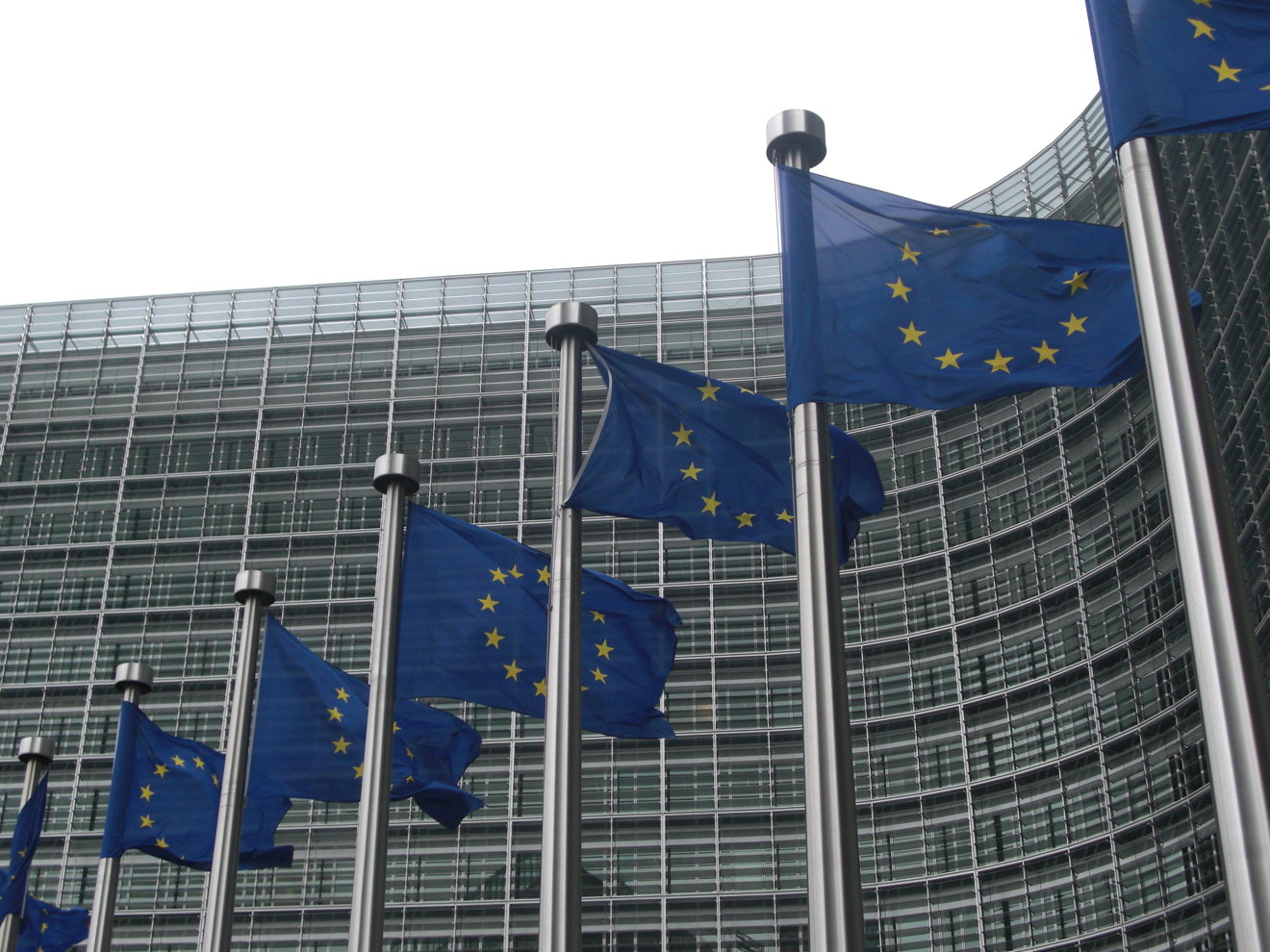European Commission charges Google with multiple antitrust violations
Search giant Google has run once again into the welcoming embrace of European regulators, finding itself in the European Commission's crosshairs over allegations that it favors its own services unfairly with Android and web search products.
The European Commission will investigate whether Google's policy of forcing smartphone and tablet manufacturers to agree to strict licensing terms in exchange for the ability to bundle Google services — Â like Gmail or Google Now — Â with their Android devices has "illegally hindered the development and market access of rival mobile operating systems, mobile communication applications and services in the European Economic Area (EEA)."
Specifically, the commission has reason to believe that Google may have used its market position to require or incentivize manufacturers to use Google's services exclusively, rather than turning to local alternatives. The commission will also investigate whether Google has prevented the development and marketing of non-Google-approved Android forks.
These proceedings are similar, though not identical, to charges leveled by the commission against Microsoft in 2009 over the bundling of Internet Explorer with Windows.
In a separate case, the commission will determine whether Google's web search practices favored its own comparison shopping services over others. The company could have done this by "showing Google Shopping more prominently on the screen," thereby decreasing traffic that may have gone to competitors.
The commission wrote that it is "concerned that users do not necessarily see the most relevant results in response to queries - this is to the detriment of consumers, and stifles innovation."
The full statement by EU Commissioner in charge of competition policy Margrethe Vestager is below.
The Commission's objective is to apply EU antitrust rules to ensure that companies operating in Europe, wherever they may be based, do not artificially deny European consumers as wide a choice as possible or stifle innovation.
In the case of Google I am concerned that the company has given an unfair advantage to its own comparison shopping service, in breach of EU antitrust rules. Google now has the opportunity to convince the Commission to the contrary. However, if the investigation confirmed our concerns, Google would have to face the legal consequences and change the way it does business in Europe.
I have also launched a formal antitrust investigation of Google's conduct concerning mobile operating systems, apps and services. Smartphones, tablets and similar devices play an increasing role in many people's daily lives and I want to make sure the markets in this area can flourish without anticompetitive constraints imposed by any company.
 AppleInsider Staff
AppleInsider Staff














 Amber Neely
Amber Neely
 Thomas Sibilly
Thomas Sibilly

 William Gallagher
William Gallagher
 Malcolm Owen
Malcolm Owen
 Christine McKee
Christine McKee










48 Comments
The latest shake down of a company by the EU. While I know it will never happen, I wish these companies would just give the EU a big FU and pull out of their markets. It is the only way this BS will change. -kpluck
Quoting Google's 'philosophy' statement, "Android brings the openness that shaped the Internet to the mobile world." and "You can make money without doing evil." I think when this case is over and done, we'll have to put such lofty & dubious sentiments to rest.
We know how this will end, Ask Microsoft how well they did with forcing IE into every computer. The EU rule against them and look what you have today. IE went form 90% share to 20% today.
Hopefully it will result in more than a lame fine.
[quote name="kpluck" url="/t/185781/european-commission-charges-google-with-multiple-antitrust-violations#post_2710281"]The latest shake down of a company by the EU. While I know it will never happen, I wish these companies would just give the EU a big FU and pull out of their markets. It is the only way this BS will change. -kpluck[/quote] I guess you enjoy consuming what you are being forced feed by a company who thinks they know what is best for you. Not saying any government solution is any better.